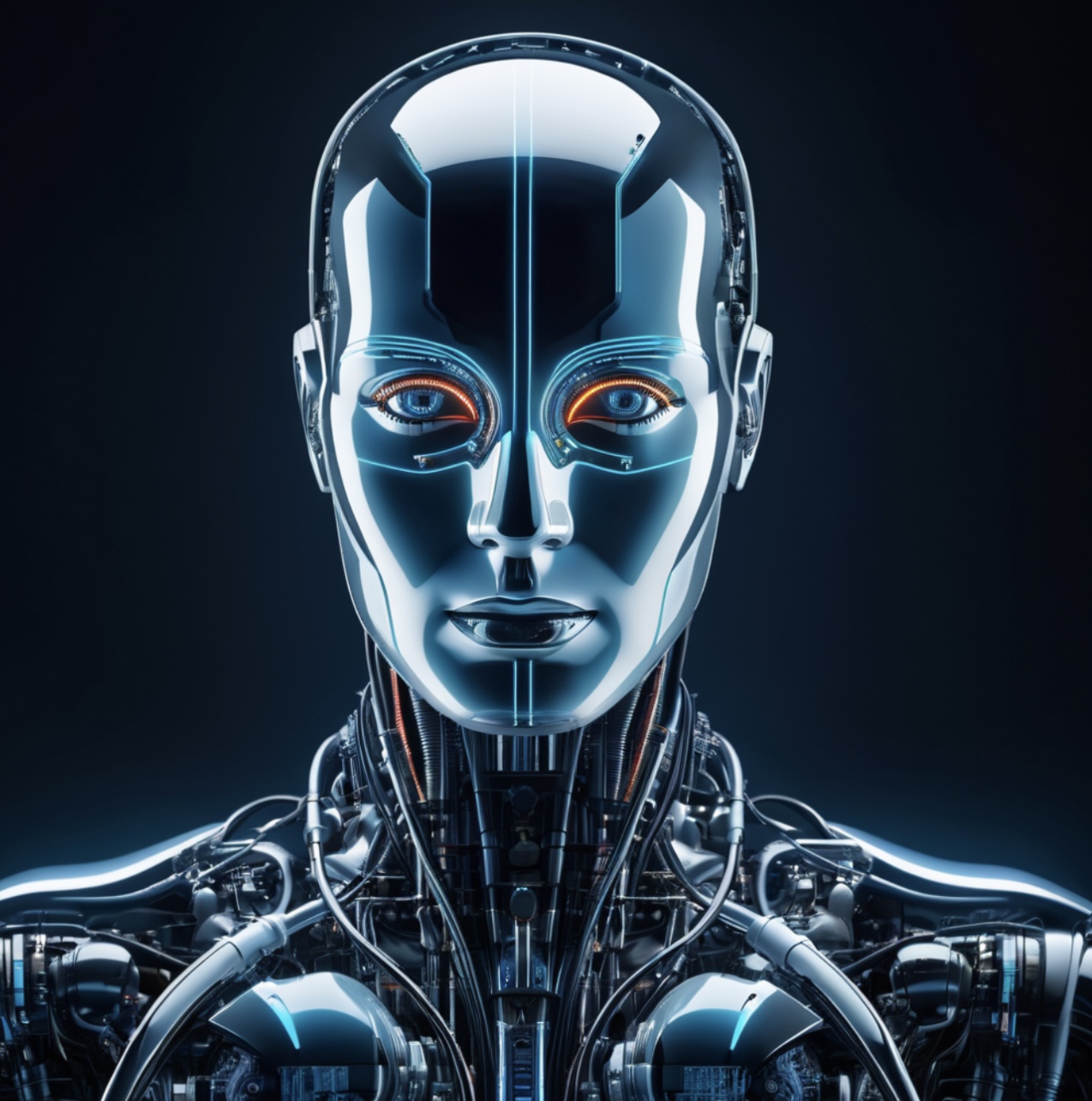|
Making AI ethical isn't easy. There are some big challenges: Sometimes AI systems can be unfair, like if they prefer one group of people over another. We need to make sure AI treats everyone the same. AI can be really complicated. It's hard to understand why it makes the decisions it does. We need to make it easier for people to understand. AI often uses personal information to work. We need to make sure it keeps this information safe and doesn't use it in the wrong way.If something goes wrong with AI, it's not always clear who's to blame. We need to make sure there are rules for when things go wrong. 
Made by AI Examples: Challenges in ethics and AI arise from the complexity of balancing technological advancement with moral considerations and societal impacts. Here are some key challenges: 1. Bias and Fairness: AI systems can perpetuate or even exacerbate biases present in the data they are trained on. For example, biased algorithms in hiring processes may discriminate against certain demographic groups, leading to inequitable outcomes. 2. Privacy and Data Protection: AI often relies on large datasets, raising concerns about the privacy and security of personal information. For example, facial recognition systems may infringe on individuals' privacy rights by capturing and analyzing their biometric data without their consent. 3. Safety and Security: AI systems can pose risks to safety and security if not properly designed and implemented. For instance, autonomous vehicles must navigate complex ethical dilemmas, such as how to prioritize the safety of passengers versus pedestrians in emergency situations. 4. Job Displacement and Economic Impact: The widespread adoption of AI technologies has the potential to disrupt labor markets and exacerbate income inequality. For example, automation may lead to job displacement in certain industries, leaving workers without viable alternatives. 5. Autonomous Decision-Making: As AI systems become more autonomous, they may make decisions that have significant ethical implications, such as in healthcare or criminal justice. Ensuring that these decisions align with ethical principles and respect human values is a significant challenge. Addressing these challenges requires collaboration among stakeholders, including policymakers, researchers, industry leaders, and civil society organizations, to develop ethical guidelines, regulations, and best practices that promote the responsible use of AI for the benefit of society.
|












